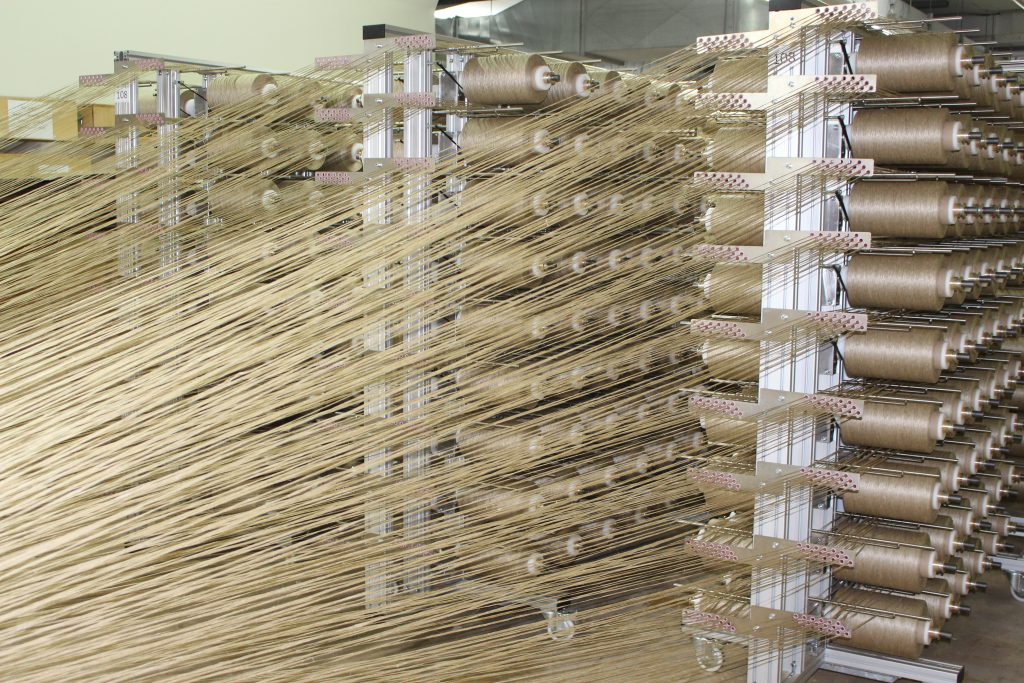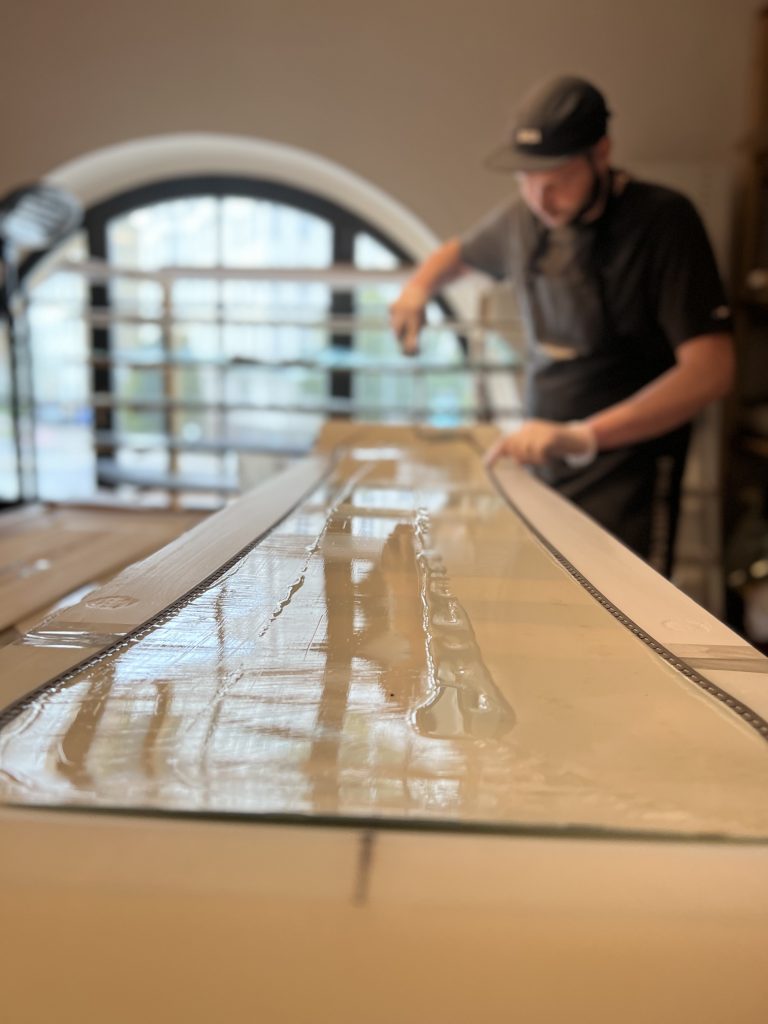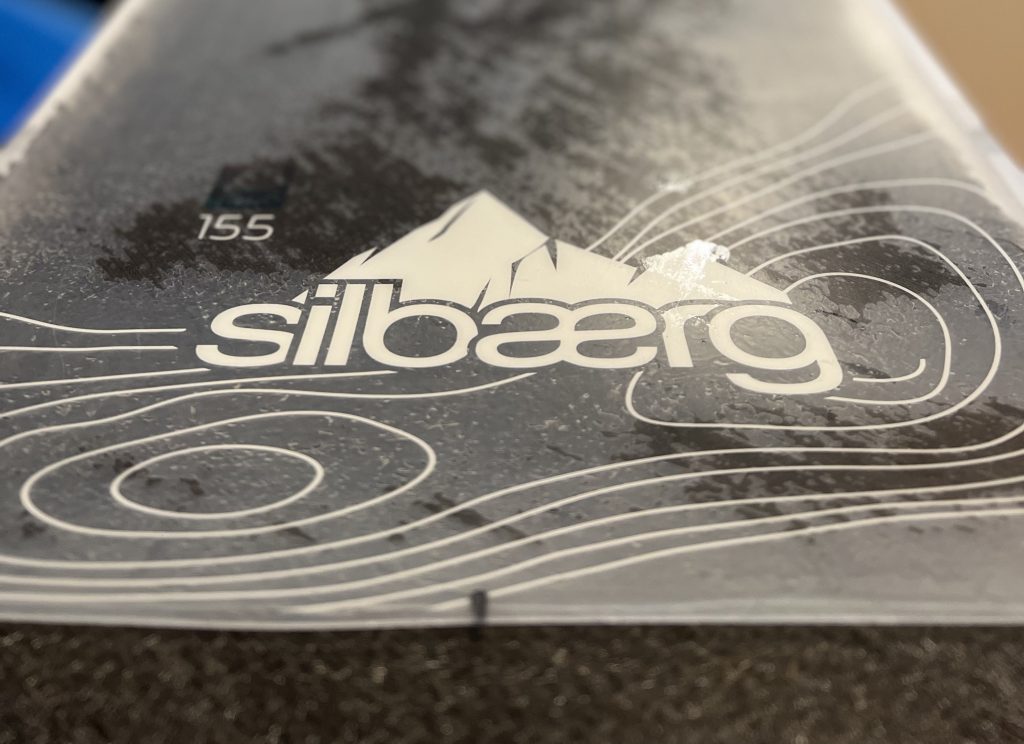
Native bast plants such as flax, hemp and nettle have been used for fibre production for centuries. Their fibres are characterised by a wide range of properties and are therefore suitable for the manufacture of a wide variety of products. Besides clothing, the fibres were historically also used for a broad range of technical applications such as sacks, sails, ropes and nets. Today, too, their great lightweight construction potential makes bast fibres an interesting material alternative in the development of modern fuel-efficient cars and electro-mobile solutions. Another advantage of flax and hemp is their low tendency to splinter, which displays a positive effect especially in situations of traffic accidents. The DuroBast project therefore focuses on the use of bast fibres in the production of so-called large scale composite structural components. Here, bast fibres are to be used in the production of thermoplastically formable, natural fibre-reinforced plastics and hereby enable the industrial use of renewable raw materials for a wide range of applications.

Under the leadership of the Fraunhofer Institute for Structural Durability and System Reliability LBF, an interdisciplinary research consortium with eleven partners from science and industry is working on the development of innovative bio-based materials. The project partners Dräxlmaier GmbH & Co. KG, Gustav Gerster GmbH & Co. KG, Hübner GmbH & Co. KG, Institute for Textile Technology RWTH Aachen, Leibniz Institute for Composite Materials GmbH, nova-Institut für politische und ökologische Innovation GmbH, Rhenoflex GmbH, silbaerg GmbH, Wagenfelder Spinnereien GmbH and the Chair of Materials Test Engineering (WPT) of TU Dortmund University are linking their expertise in all areas of the value chain for this purpose. The research team aims to transfer the project results to concrete applications such as automotive interiors (for example door panels), sports equipment (snowboards) and public transport (bus bellows) in the near future.
Convincing strength and improved moisture resistance
Due to their high moisture absorption, bast fibres have only been used to a limited extent in plastics and durable applications. Therefore, one of the innovative goals of the DuroBast project is to significantly reduce the moisture absorption of the fibres through modification and then process them into yarns, nonwovens and fabrics. In order to increase the stability and water resistance of the fibres, these shall undergo a pre-treatment. For this purpose, fibre cavities and inter-fibre spaces are filled with a thermoplastic that prevents water absorption even at damaged areas and cut edges of the composites. With this objective in mind, the team is examining and comparing the properties of various bast fibres, different processes and the mode of action of different hydrophobic agents. A further point of investigation is the modification at different points in the process chain. In order to achieve 100 % bio-based material combinations in the long term, the research team is striving to use a polymer matrix with bio-based plastics. The process should subsequently also enable improved bonding of the matrix to the natural fibre component. Here, the yarns, nonwovens and fabrics obtained from the fibres must particularly meet the requirements of the intended end applications. Identifying the optimal fibre length, fibre fineness, fibre purity, fibre strength, spinning method and degree of fibre roasting prove to be a challenge in this context. All selected components must also fulfil the target criteria of processability, economic efficiency, availability and sustainability.
All-rounder hemp
Another focus of the DuroBast project is the support of regional and national agriculture and forestry as well as their upstream and downstream sectors. In consequence, the project team is exclusively investigating bast fibres that can easily be grown in the German region. In addition to flax, initial investigations confirm the advantages of the hemp plant in particular. Its climatic requirements allow successful national cultivation and thus offer supply security in times of an uncertain global logistics situation. Due to its favourable price compared to flax fibres, hemp also shows promising economic properties and allows the utilisation of the entire plant, among others in the context of medical and food applications such as hemp seeds. Hemp further offers many positive properties from an environmental perspective by successfully concentrating CO2 in large quantities during cultivation. The use of hemp fibres in fibre-reinforced plastics can thus reduce the proportion of fossil plastic components by replacing them with renewable alternatives. Initial tests on the production of hemp-polypropylene organi sheets delivered promising results. These fibre-reinforced thermoplastics impress with strength and lightness and are just as easy to process as conventional sheet metal components.

The research team intends to comprehensively test further material combinations and processes in the following project months.
Further information on the DuroBast project is available at www.durobast.de.
The DuroBast project receives funding from the German Federal Ministry of Food and Agriculture based on a resolution of the German Bundestag (FKZ: 2220NR090E).
Source
nova-Institute, press release, 2022-07-12.
Supplier
Dräxlmaier Group
Fraunhofer-Institut für Betriebsfestigkeit und Systemzuverlässigkeit (LBF)
Institut für Textiltechnik (ITA) – RWTH Aachen
Leibniz-Institut für Verbundwerkstoffe (IVW)
nova-Institut GmbH
Rhenoflex GmbH
Silbaerg GmbH
Technische Universität (TU) Dortmund
Wagenfelder Spinnereien GmbH
Share
Renewable Carbon News – Daily Newsletter
Subscribe to our daily email newsletter – the world's leading newsletter on renewable materials and chemicals










